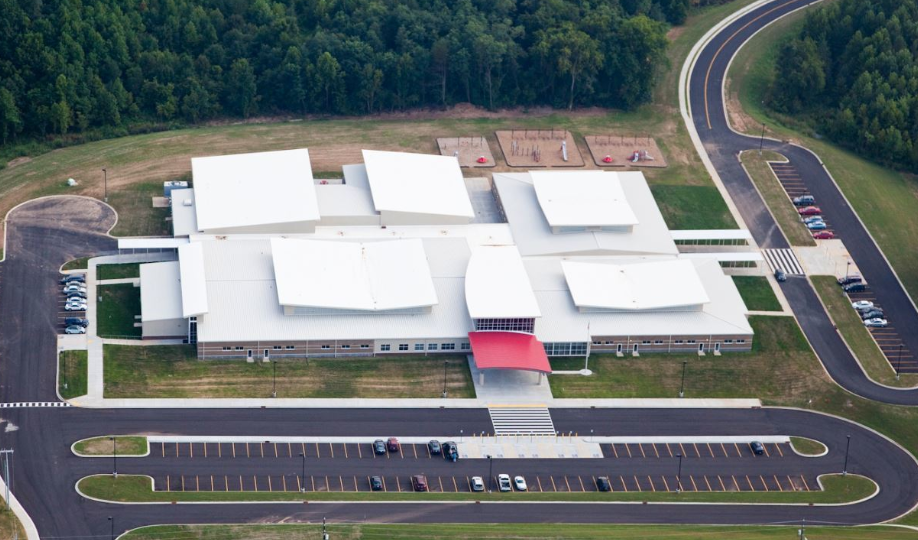3 Reasons Why ICFs and Swimming Pools are a Great Match
There are many reasons to use ICFs for your new swimming pool, but here are our top three.

What Is Construction Phasing and Why Is It Important?
Construction phasing is revolutionizing the way we approach building projects. By dividing a project into manageable segments, it is a strategic method for tackling large-scale developments while also maintaining operational continuity.

How to Open a Casino: Structural Planning, Code Compliance, and Long-Term Durability

Building for the Future: Exploring ICF Construction in Washington State

Duplex vs. Multiplex: Choosing the Right Investment
Duplex or multiplex: which is the better investment? Learn the differences, pros, and cons to make the right choice for your property goals!

Choosing the Right Insulation R Value for High-Performance Homebuilding
Thermal control defines the long-term comfort and efficiency of every home. As energy codes tighten and building science evolves, insulation performance is under more scrutiny than ever.

7 Home Building Trends for 2022

How Long Does It Really Take to Build a House?
Whether you’re building your dream home or a cozy cottage, knowing the timeline is essential. However, one of the first questions that come to mind is, “How long will it take to turn these blueprints into my home?” Understanding the timeline is crucial for planning, budgeting, and ultimately enjoying the process of watching your house come to life.

Why More School Boards Are Turning to ICF School Construction for Long-Term Cost Savings

HERS Index vs Energy Star
Energy efficiency in homes is vital for both economic and environmental reasons, which is why builders have robust tools like the HERS Index and Energy Star ratings to gauge and improve the energy performance of buildings.